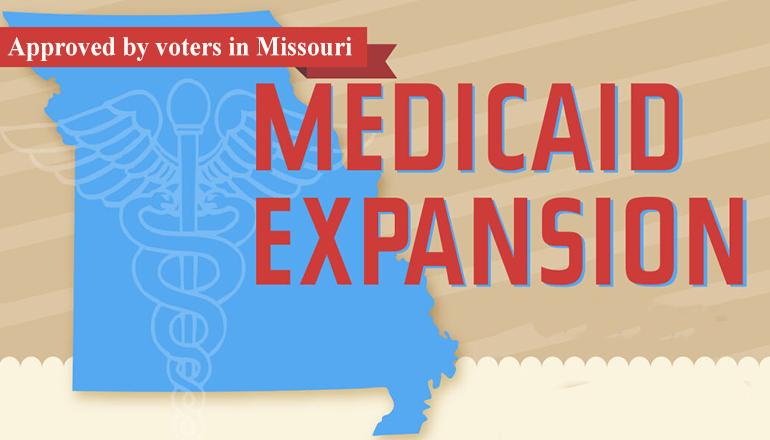(Missouri Independent) – Average wait times for Missouri Medicaid applicants fell in September below the federally-allowed maximum for the first time in nearly a year.
According to Missouri’s Department of Social Services’ most recent publicly-available data, the state took 41 days on average to process a Medicaid application in September for the eligibility group which includes low-income children, pregnant people, families, and adults.
Federal rules require these applications to be processed within 45 days, and many states process them within a week.
The 41-day average wait time is down from its peak of 115 days in June.
Missouri’s average processing time exceeded the federal limit from December 2021 to August of this year, spurring federal involvement. The state attributed the long waits to staffing shortages and the challenges of implementing voter-approved Medicaid expansion.
DSS leadership told lawmakers last month that the state had reached compliance with the federal timeliness rule. A spokesperson for the Centers for Medicare and Medicaid Services (CMS) said the agency can not yet confirm that Missouri has come into compliance because it is still reviewing the number of applications pending at 45 days or more.
From February to April, around four in five Medicaid applications in Missouri took longer than 45 days to process, according to a federal report. Missouri and Arkansas stood out in that report as the worst in the nation in the timely processing of Medicaid applications.
Unlike the federal government, Missouri does not publish distributional data on the number of applications processed in over 45 days — only averages.
For applicants, long wait times meant delaying needed care and foregoing purchasing necessary prescriptions, advocates said. The wait times also put the state on CMS’s radar.
In early 2022, CMS began working with the state to identify strategies to reduce processing times and high backlogs. CMS formally requested the state produce a mitigation plan in May, after identifying “multiple issues related to Missouri’s timely processing of applications.”
The mitigation plan went into effect in July and set a deadline of Sept. 30 for the state to come within the federal guidelines.
Designed to help the state process applications more quickly, the mitigation plan includes temporary measures such as enrolling parents based on children’s verified eligibility, allowing the agency to use verified income from applicants already enrolled in federal food benefits, and allowing the agency to accept verification from the federal marketplace. Advocates had long been pushing for the state to apply for these federal flexibilities.
Kim Evans, director of Family Support Division, last month credited increased flexibility through the mitigation plan and the work of department staff, who were offered overtime to help overcome the backlog. Evans has previously explained that DSS moves staff around based on need.
“The same staff that process Medicaid also process SNAP,” Evans told the MO HealthNet Oversight Committee at a meeting in August, referring to the federal food benefits program.
The mitigation plan’s measures will remain in place until the end of the federal public health emergency. CMS granted the state’s request last week to extend the one waiver otherwise set to expire at the end of this year, which uses federal marketplace determinations to temporarily determine Medicaid eligibility.
The Family Support Division will continue to offer overtime during open enrollment season for the federal marketplace, which begins Nov. 1, said DSS spokesperson Caitlin Whaley, and “as needed” throughout the unwind of the public health emergency.


